With the increasing need and demand for higher education among the student there lies a huge cost of such higher education. Usually, an education loan is taken by the student and repaid after completing the education. Once a student land a job he/ she starts paying the EMI. Now if you consider this is a burden on a student who is already under a loan EMI and a new job. To curb out this burden and encourage higher education the Income Tax Act provides a tax deduction. On one hand, you are paying the interest and on the other, you are claiming the tax deduction under section 80E. This in a way is a relief to the individual taxpayers and lowers their tax burden.
Who can Claim Tax Deduction under section 80E?
An individual taxpayer can claim the tax deduction against repayment of an education loan under section 80E. Such an individual taxpayer can be the student himself, his/ her parent, or spouse. The person claiming the deduction must be the person who is repaying the educational loan. Any person other than the spouse, parent, or the student himself cannot claim a deduction against the repayment of an education loan. Moreover, the education taken from a family member, relatives, or any other person is not eligible.
Learn: What is Section 80EE
Conditions for Claiming Income Tax Deduction on Education Loan
- To claim the deduction you need to first pay the EMI. The EMI must be paid out of the income chargeable to tax.
- The loan must be taken from any financial institution or any approved charitable institution.
- For the purpose of section 80E an approved charitable institution means an institution specified in, or, as the case may be, an institution established for charitable purposes and approved by the prescribed authority under clause (23C) of section 10 or an institution referred to in clause (a) of sub-section (2) of section 80G.
- Further, financial institution means a banking company to which the Banking Regulation Act, 1949 (10 of 1949) applies (including any bank or banking institution referred to in section 51 of that Act); or any other financial institution which the Central Government may, by notification in the Official Gazette, specify in this behalf.
- The loan must be taken for the purpose of pursuing a higher education himself/ herself or for the purpose of higher education of his/ her relative. A relative, in relation to an individual, means the spouse and children of that individual or the student for whom the individual is the legal guardian.
- Higher education means any course of study pursued after passing the Senior Secondary Examination or its equivalent from any school, board, or university. Such an education must be recognized by the Central Government or State Government or local authority or by any other authority authorized by the Central Government or State Government or local authority to do so.
How long can you claim Deduction Under Section 80E?
You can claim the deduction from the previous year in which you start paying the interest on the loan. Starting from the first year of the start of repayment you can claim for another 7 financial years. In total, you can claim the deduction for up to 8 financial years. However, the deduction is available for 8 financial years or up to the actual complete repayment of the loan, whichever is earlier.
For example- Mr. Arun takes a loan in the financial year 2014-15 and starts repaying the loan from the financial year 2015-16. He repays the complete loan amount by 30th April 2021. So from 2015-16, he can avail of the deduction up to the next 7 financial years. Hence, he can claim a deduction till 2022-23.
However, he repays the complete loan during the financial year 2021-22. Hence, he can claim the deduction only till 2021-22.
How to Calculate Deduction Available Under Section 80E?
Section 80E of the Income Tax Act, 1961 provides for a tax deduction against the repayment of interest on education loan. Further, only the interest amount paid in an EMI is available as a deduction. The repayment of the principal amount does not qualify for deduction under section 80E. Moreover, there is no upper limit of deduction available. Hence, you can claim any amount as long as it the interest portion and all the other conditions are met.
For example- you have a scheduled EMI of Rs 3,00,000 for the financial year. The total interest is Rs 1,70,000 while the principal amount is Rs 1,30,000. You can the entire interest amount of Rs 1,70,000 as a deduction for the financial year. However, you cannot claim the principal amount of Rs 1,30,000.
Lastly, you need to procure a repayment certificate from the bank from which you have taken the loan. Such a certificate must provide the details of the amount repaid as principal and interest separately during the financial year. These certificates are easy to obtain and usually provided by the bank automatically by the end of the repayment for the financial year.
Is Paying an Education Loan Early a Better Option?
The decision to repay an education loan really depends on the situation of the taxpayer. If you have a surplus amount of money and wish to get away with the loan you can surely pay the education loan. Here again, remember that you can avail of the tax deduction up to 8 assessment years. Hence, you must do your calculations on what is the net benefit of repaying and claiming the deduction instead of repaying early.
However, if your loan itself is for a period of more than 8 years then you will not get the tax benefit and pay interest as well. You can consider repaying in such a situation and save the interest cost.
Lastly and most importantly you can consider investing the surplus amount of money instead of repaying early. Moreover, you must also consider whether you can earn a return on investment more than the rate of interest on a loan.
You must make a well-thought-through decision and then take any action. It is better to plan your investment and financials during the beginning of the financial year.
Frequently Asked Questions
There is no maximum or upper limit for deduction against interest on education loan under section 80E. You can claim the total amount paid as interest on an education loan for the financial year. However, make sure that all the other conditions are met.
No, you can claim only the interest amount against your education loan. The repayment of the principal amount does not qualify for a tax deduction under section 80E.
No, section 80E of the Income Tax Act 1961 is not a part of section 80G. Both the sections provide for different types of tax deductions. Section 80E deals with deduction against interest on education loans. While section 80G provides for deduction against a donation made to a charitable organization or trust engaged in charitable activities.
You must a loan from any financial institution i.e. a banking company to which the Banking Regulation Act, 1949 (10 of 1949) applies (including any bank or banking institution referred to in section 51 of that Act). Moreover, the loan must be for a higher education to be pursued by self, spouse, or children for tax deduction u/s 80E
To claim a deduction u/s 80E of the Income Tax Act, 1961 you need to obtain an interest repayment certificate from the bank. The certificate must specify the amount paid towards interest and principal in an EMI during the financial year. You do not need to attach such a certificate to your income tax return. However, you must obtain the certificate so that you can present it in case of any dispute with the income tax department.












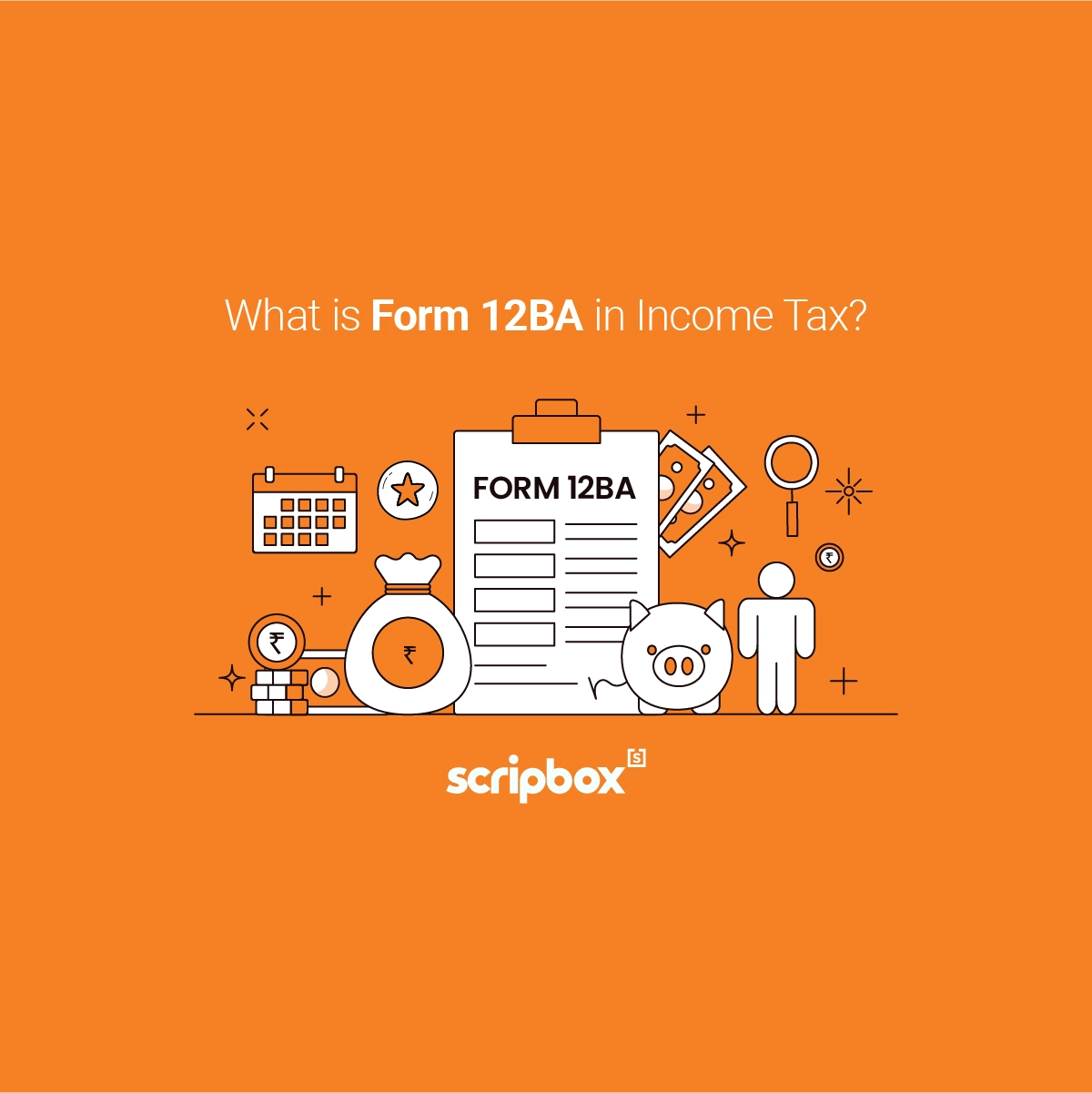
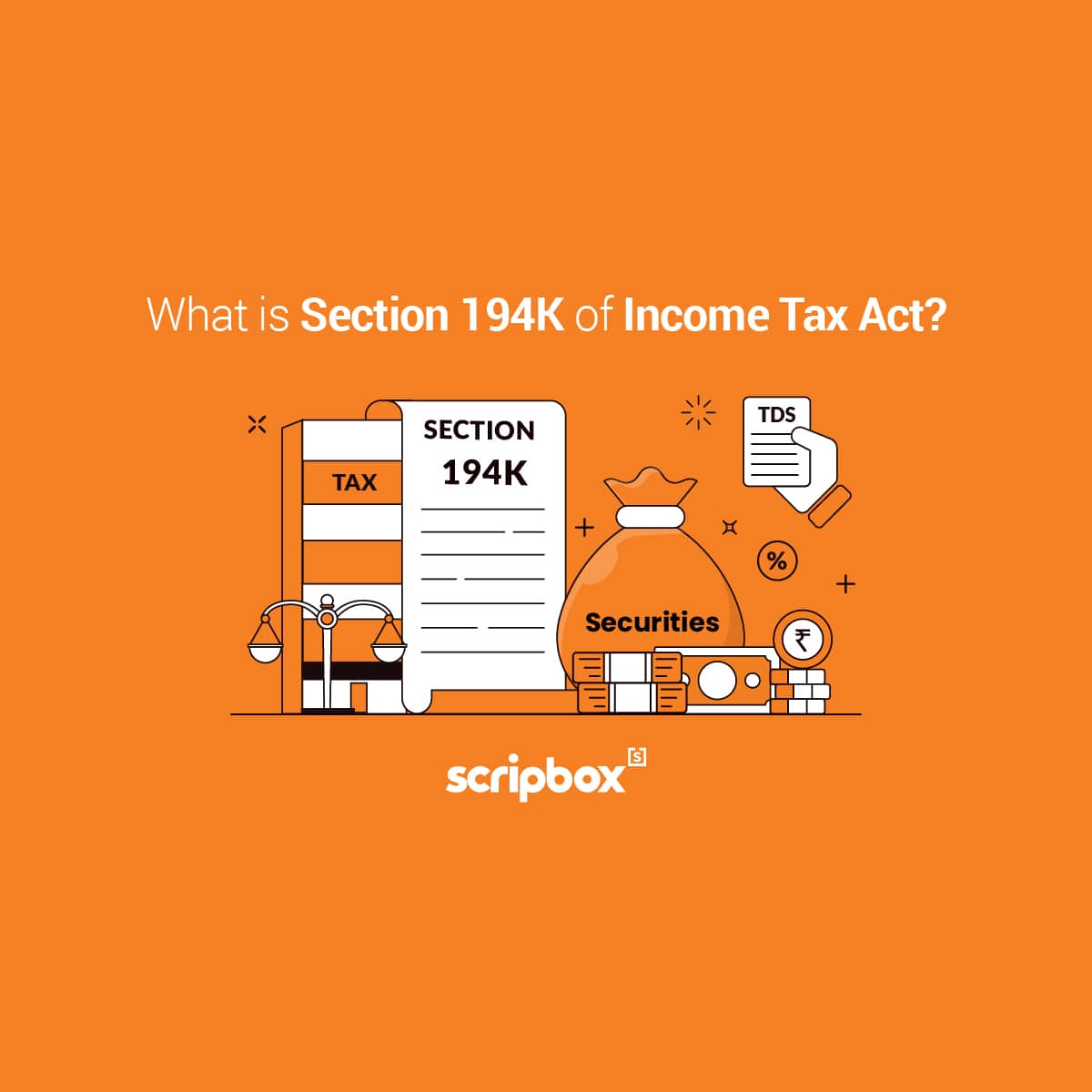
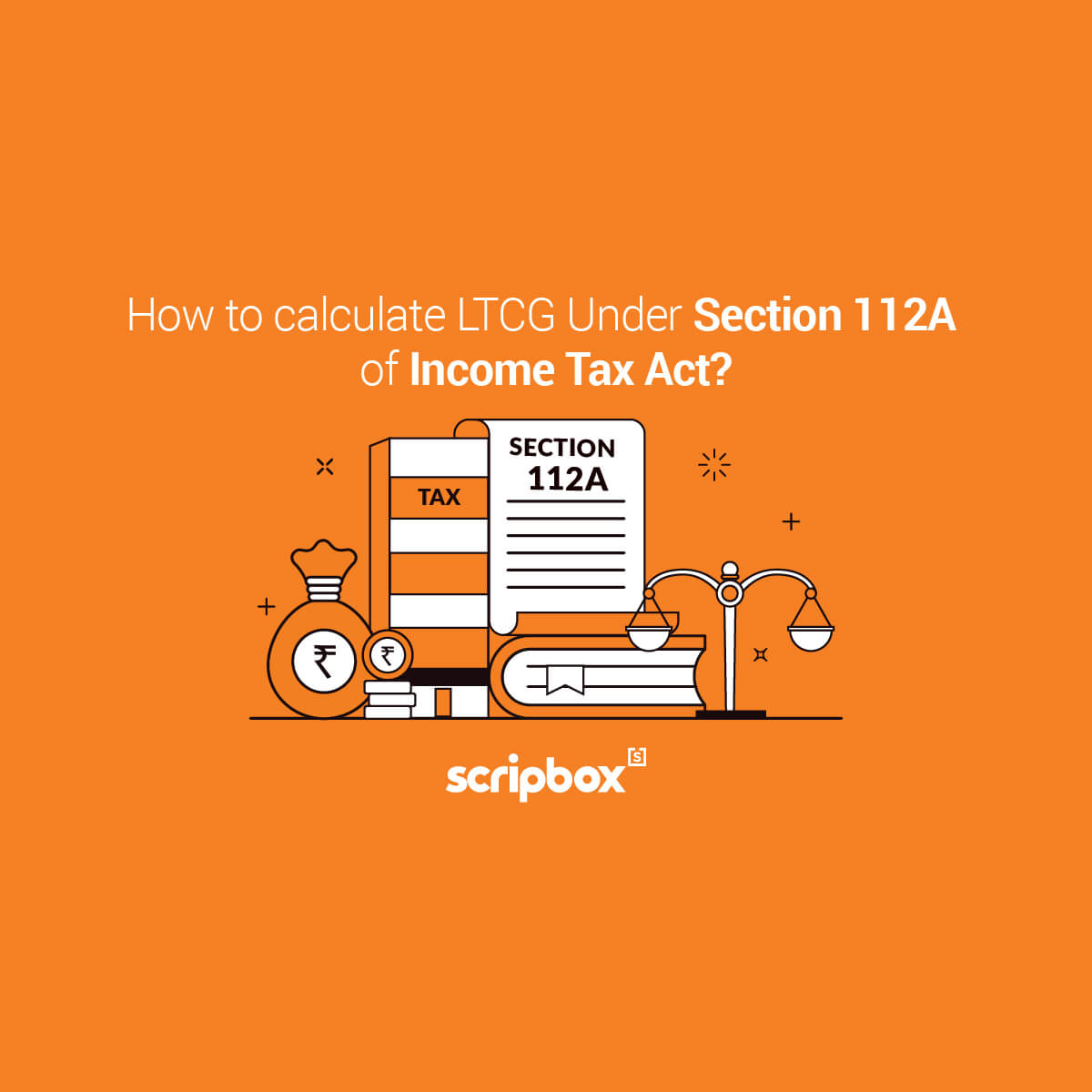

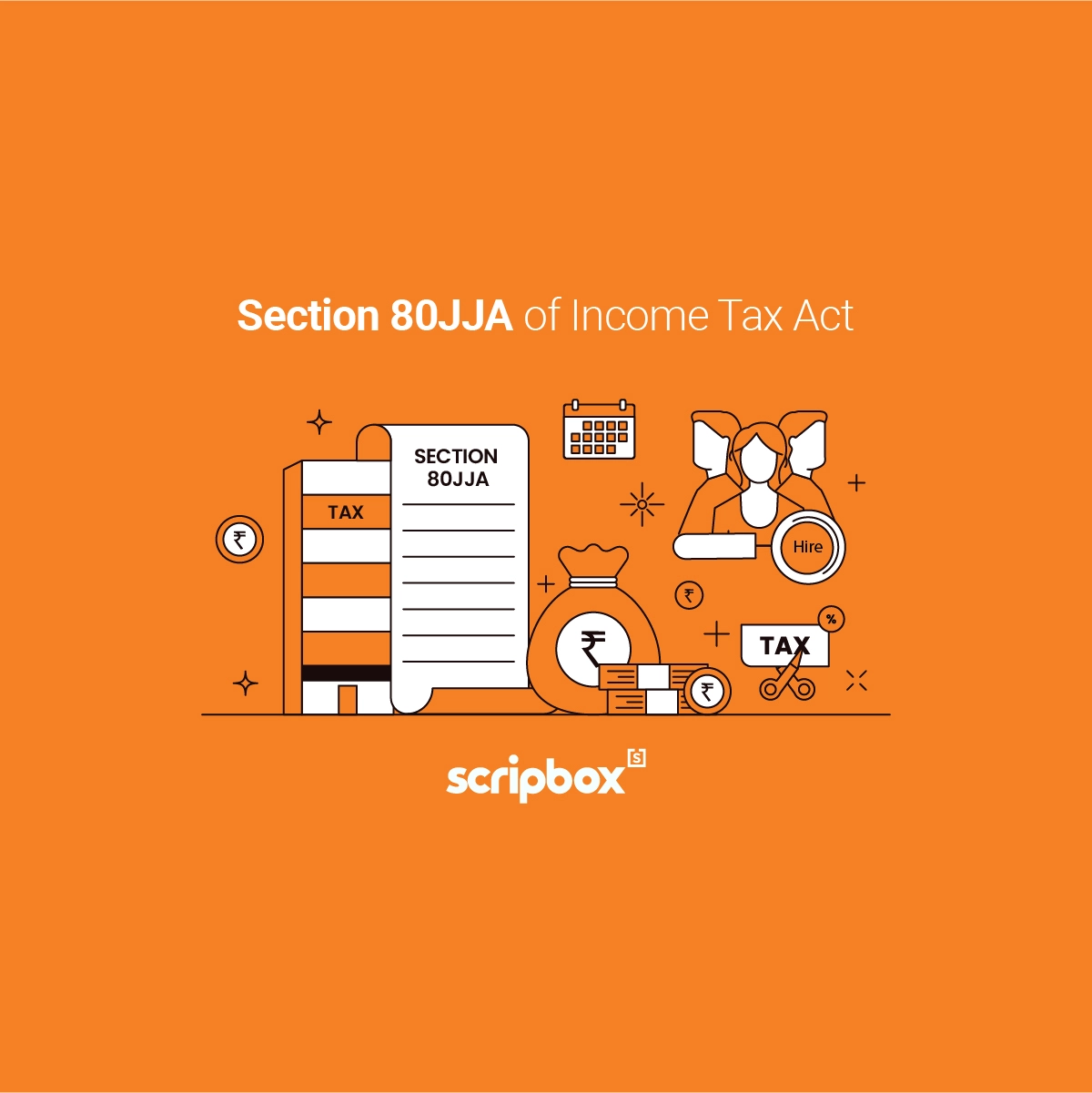
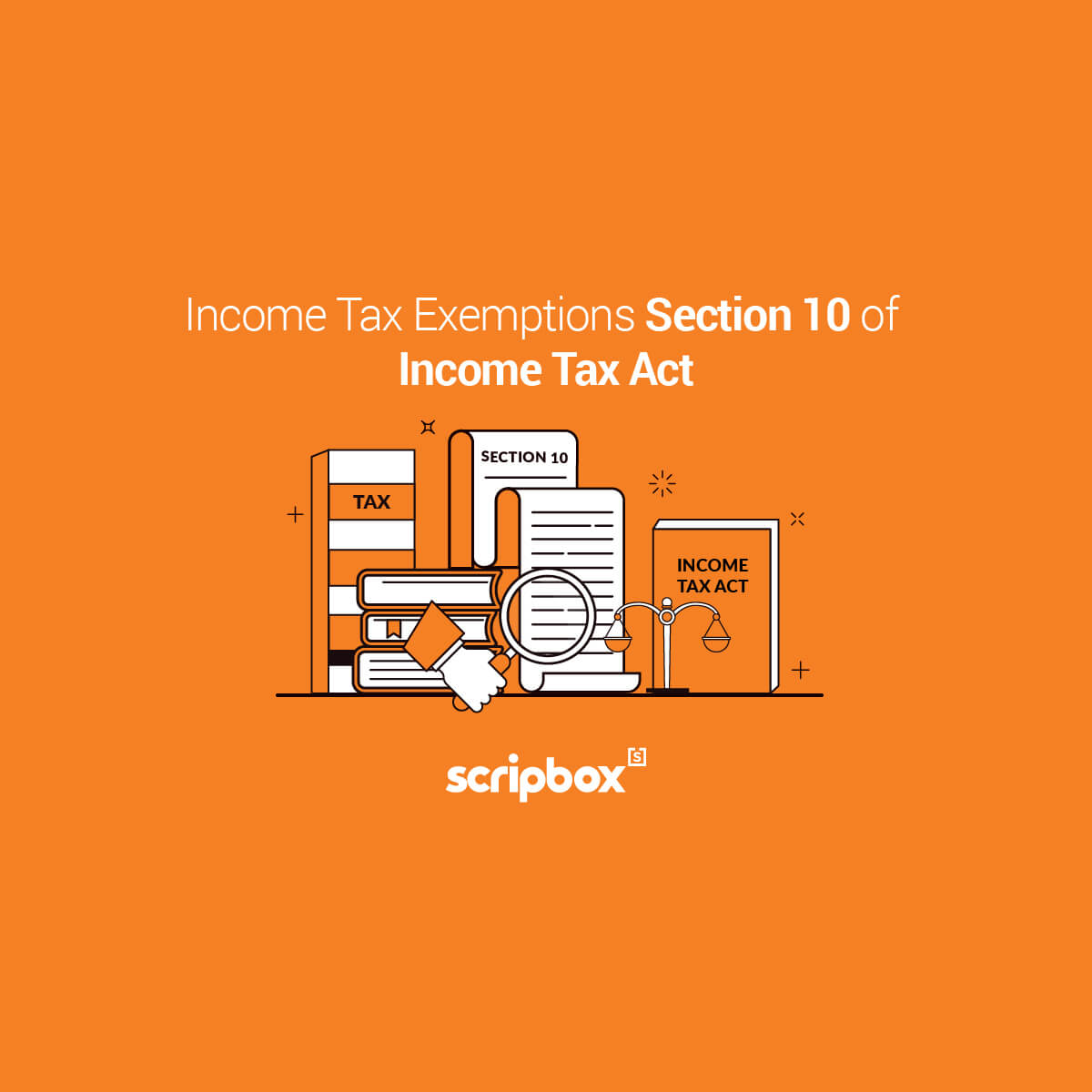






Show comments